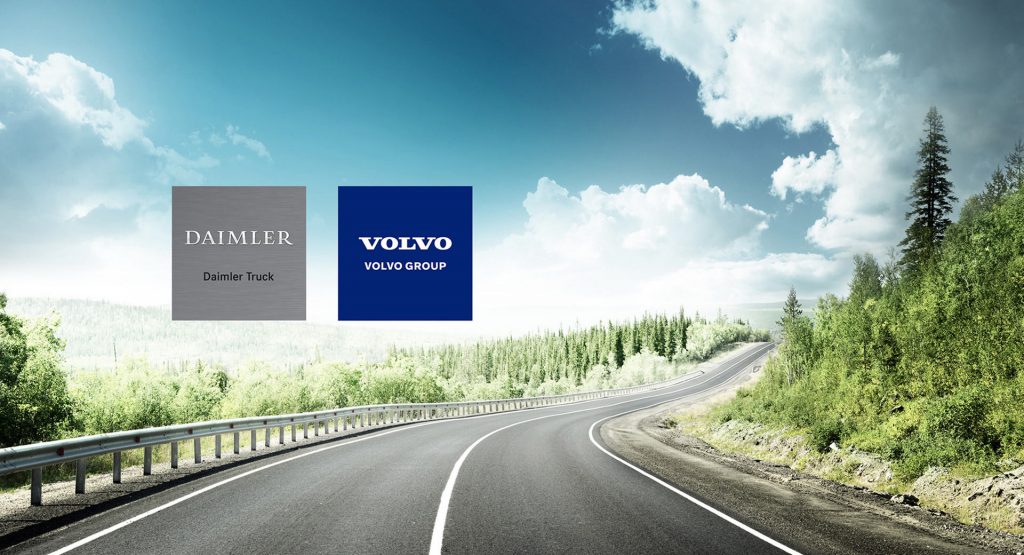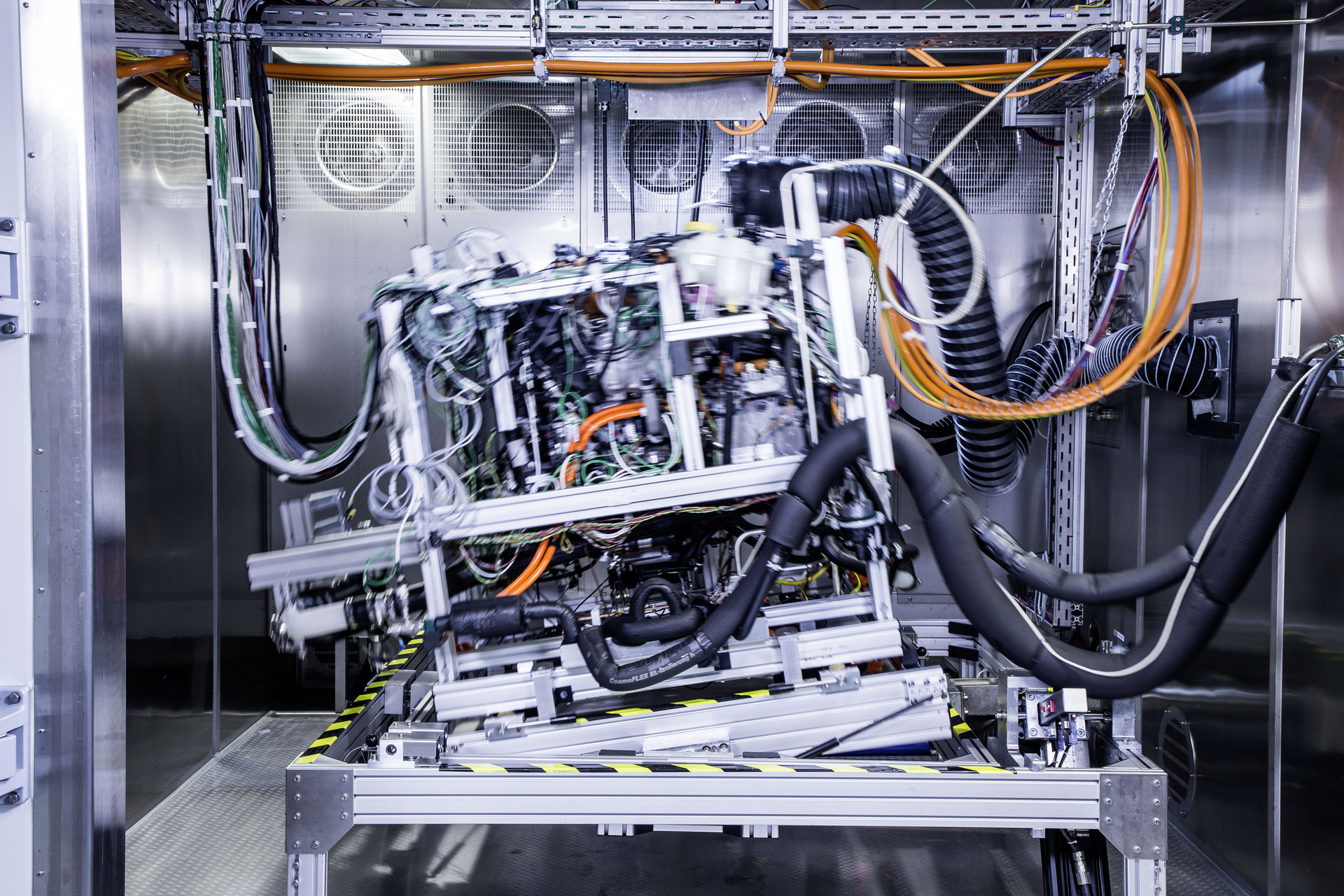Swedish multinational truck manufacture the Volvo Group, and their newest partner, Daimler Truck, have their eyes set on the future of land freight transport, predicting that hydrogen-powered trucks will take over the game within the next decade.
A report by the Financial Times quotes Daimler Truck’s current chair of industry leader Martin Daum as believing that even though diesel-powered trucks are currently dominating sales and will most likely continue to do so for the next three or four years, the latter part of this decade would see hydrogen being recognized as the more superior fuel, with adoption going “steeply up.”
Read: Fuel-Cell Joint Venture For Trucks Finalized Between Daimler And Volvo Finalize
Martin Lundstedt, chief executive of the Volvo Group, shared a similar opinion, which isn’t all that surprising considering that his company has just bought into a hydrogen joint venture with the German truck maker. Lundstedt believes that following the fuel cell production that will take place in 2025, a much steeper ramp-up is to be expected towards the end of the decade.
Their joint venture, Cellcentric, will begin fuel cell production in 2025, as they prioritize hydrogen as a fuel used for long-distance travel. But they’re not planning on placing all their hydrogen atoms in one basket. For shorter journeys, the partnership is developing EV small and heavy vehicles. These are designed for applications where the van or truck is based in a single place (i.e., returning to a depot after a day’s work) and can be charged overnight. Long-distance travel, on the other hand—especially freight trips across Europe and the US—requires minimum refueling stops to be as efficient as possible, and this is where they think hydrogen power will shine.
See: Daimler Split into Two Separate Companies, With Mercedes-Benz The Name Of The Car Side
Daum and Lundstedt have nudged governments to ensure that adequate hydrogen refueling infrastructure would be in place to accommodate these vehicles and have asked that these governments provide incentives for transport companies on a mission to deliver greener trucks. According to them, at least 300 high-performance hydrogen refueling stations need to be in place in Europe by 2025, with 700 more followings in the next five years.
In acceptance that hydrogen-powered trucks would, in fact, be more costly than traditional diesels for at least the next fifteen years, Daum noted that customers typically spend between three of four times the actual price of the vehicle on fuel throughout its lifetime, indicating that hydrogen power is still more cost-effective in the long run. Volvo aims for half of their European sales to be of hydrogen or battery-powered trucks by 2030, while both companies have set their mind on producing zero emissions by 2040.






